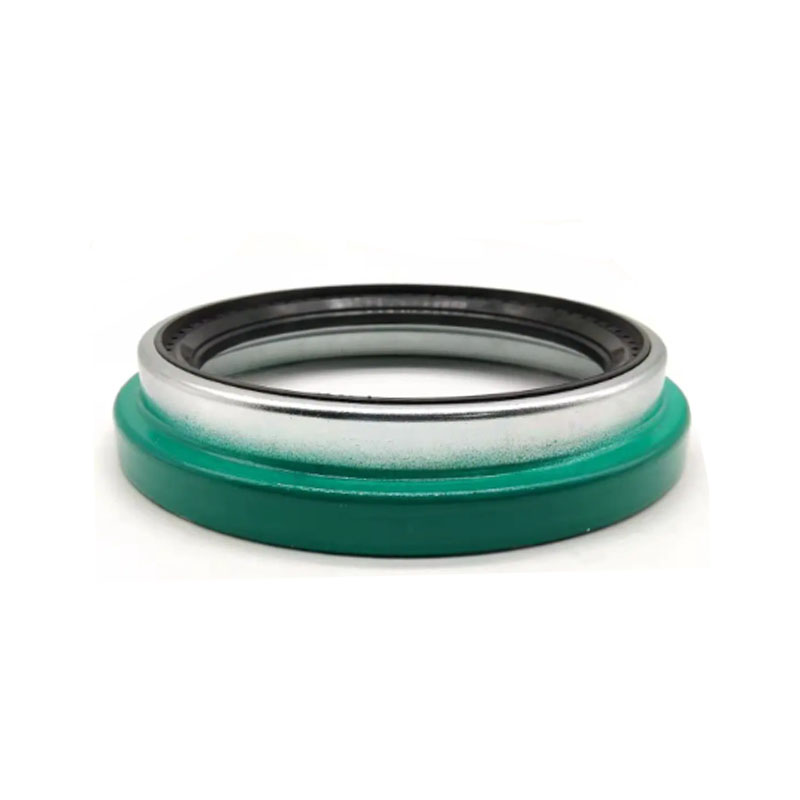Effective Solutions for Oil Plug Washer Maintenance and Replacement Guidelines
Understanding Oil Plug Washers Importance and Maintenance
Oil plug washers are essential components in automotive and machinery maintenance, playing a critical role in ensuring that engines run smoothly and without leaks. These small but vital parts create a seal between the oil plug and the oil pan, preventing leakage of oil and maintaining the correct operating conditions of the engine. Over time, oil plug washers can wear out due to the heat and pressure generated within the engine, making it crucial for vehicle owners and mechanics to understand their importance, maintenance, and replacement.
The Function of Oil Plug Washers
When an oil change is performed, the oil plug is removed to drain the old oil from the engine. The oil plug washer ensures that once the oil plug is replaced, there is a tight seal that prevents oil from leaking out. This is particularly important because oil leakage can lead to low oil levels, which can negatively impact engine performance and lead to severe damage over time. The washer also helps to manage the pressure within the oil system, which is crucial for the lubrication of engine components.
Materials and Types
Oil plug washers are typically made from various materials, including rubber, copper, aluminum, and fiber. Each material has its advantages and disadvantages. For example, rubber washers are generally more affordable and provide good sealing capabilities but may degrade quicker under extreme heat. Conversely, copper and aluminum washers are more durable and heat-resistant, making them ideal for high-performance engines but at a slightly higher cost.
One common type of oil plug washer is the crush washer, which is designed to deform under pressure when the oil plug is tightened. This deformation creates a tighter seal, helping to prevent leaks. These washers are often used in automotive applications due to their reliability.
Signs of a Failing Oil Plug Washer
Knowing the signs of a failing oil plug washer can prevent significant engine issues
. Some common indicators includeoil plug washer

1. Oil Spots or Puddles If you notice oil spots under your vehicle, it might be a sign that your oil plug washer has worn out, causing oil to leak.
2. Low Oil Levels Regularly checking the oil level is essential. If your engine's oil level drops rapidly without visible leaks, the washer might be failing.
3. Engine Noise Insufficient oil can lead to increased friction between engine components, producing unusual noises as parts begin to wear against each other.
Maintenance and Replacement
Maintaining an oil plug washer is relatively straightforward. During routine oil changes, it is advisable to inspect the condition of the washer. If there are signs of wear, cracking, or deformation, it’s essential to replace it immediately. Many mechanics recommend replacing the oil plug washer every time the oil is changed, especially if it is a crush washer, which loses its sealing capabilities over time.
When replacing an oil plug washer, ensure that the new washer is the correct size for your vehicle's oil plug to guarantee a proper fit and seal. Applying a small amount of oil to the new washer can help it seat properly during installation, ensuring a better seal.
Conclusion
In summary, oil plug washers may seem like minor components, but they serve a crucial function in engine maintenance. By ensuring that these washers are in good condition and replaced regularly, vehicle owners can prevent oil leaks and maintain optimal engine performance. Whether you’re a car enthusiast or a casual driver, understanding the importance of oil plug washers can help protect your engine and extend its lifespan.
-
Understanding the Front Main Engine Seal: Purpose, Maintenance, and Installation
News Jul.29,2025
-
Understanding O-Rings and Seal Rings: Types, Applications, and Custom Solutions
News Jul.29,2025
-
Understanding Crankshaft Oil Seals: Rear Seals, Pulley Seals, and Their Role in Engine Integrity
News Jul.29,2025
-
The Importance of Front and Rear Crankshaft Seals in Engine Performance and Oil Management
News Jul.29,2025
-
Crank Oil Seals: Functions, Types, and Cost Considerations in Engine Maintenance
News Jul.29,2025
-
A Comprehensive Guide to O-Rings and Seals: Types, Materials, and Global Applications
News Jul.29,2025
-
Mastering Diesel and Performance Engine Maintenance: A Guide to Critical Oil Gaskets
News Jul.28,2025
Products categories















